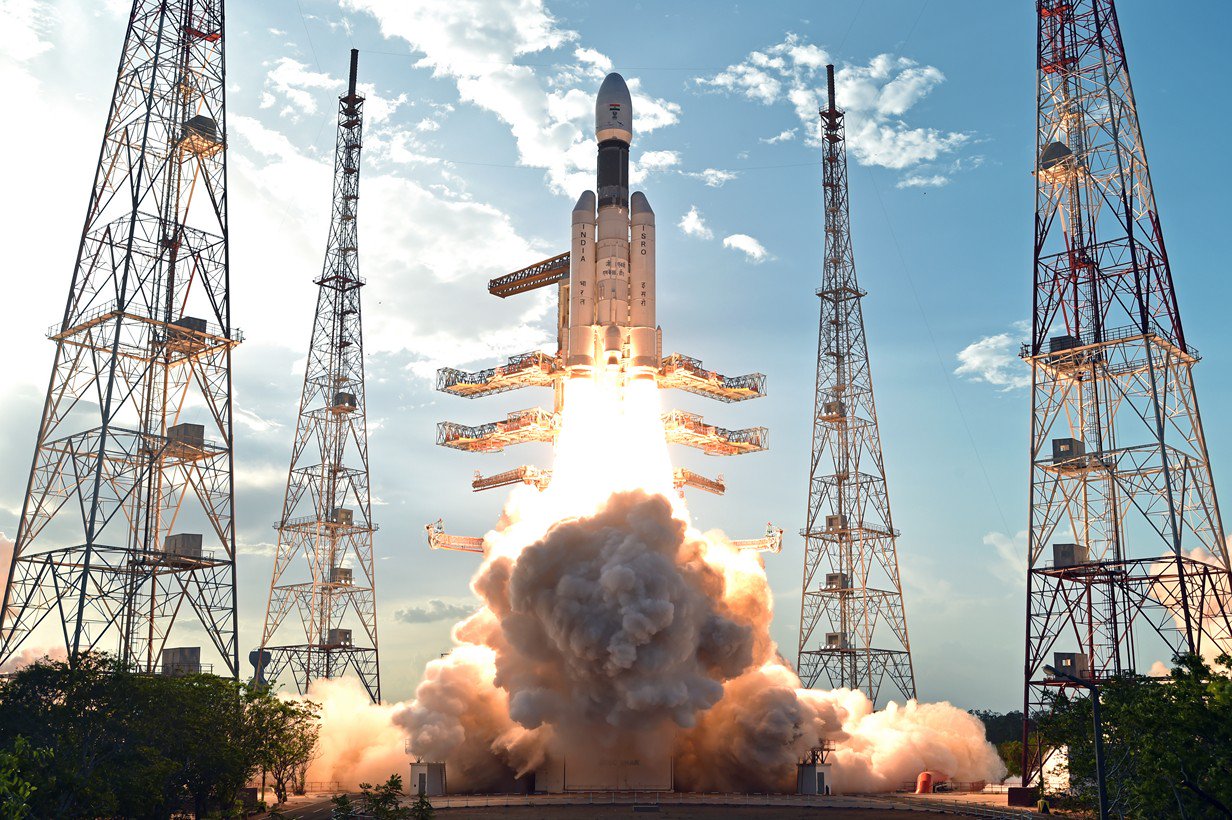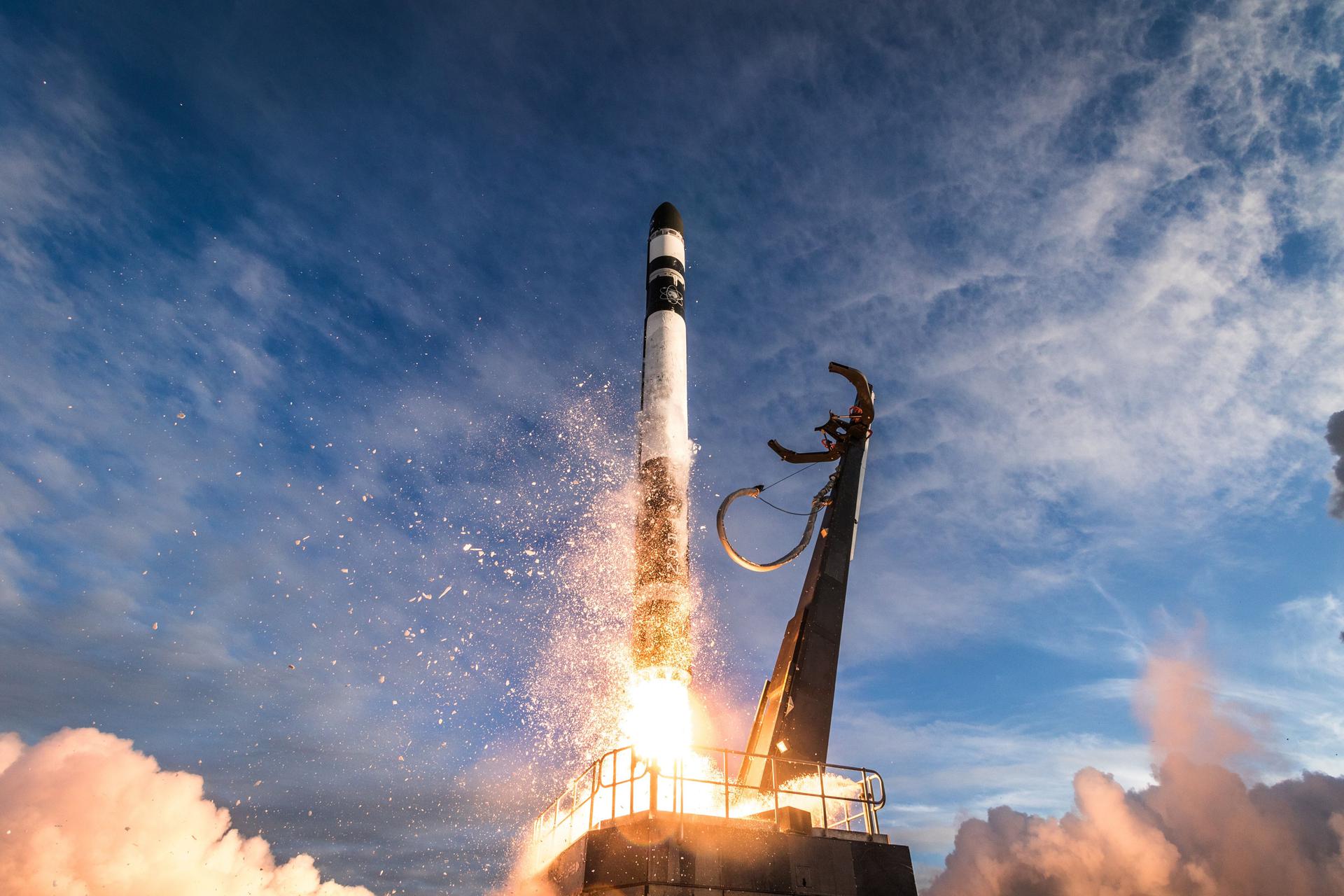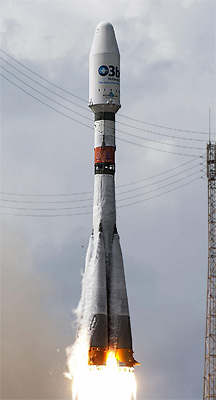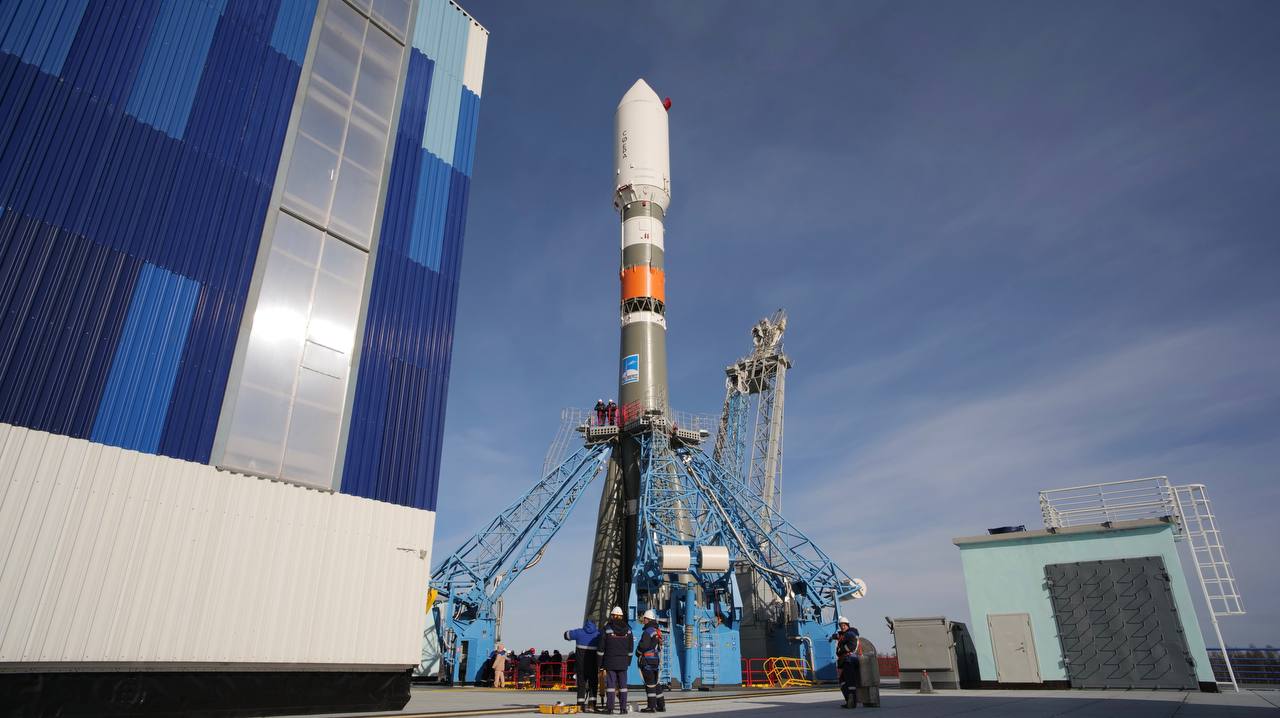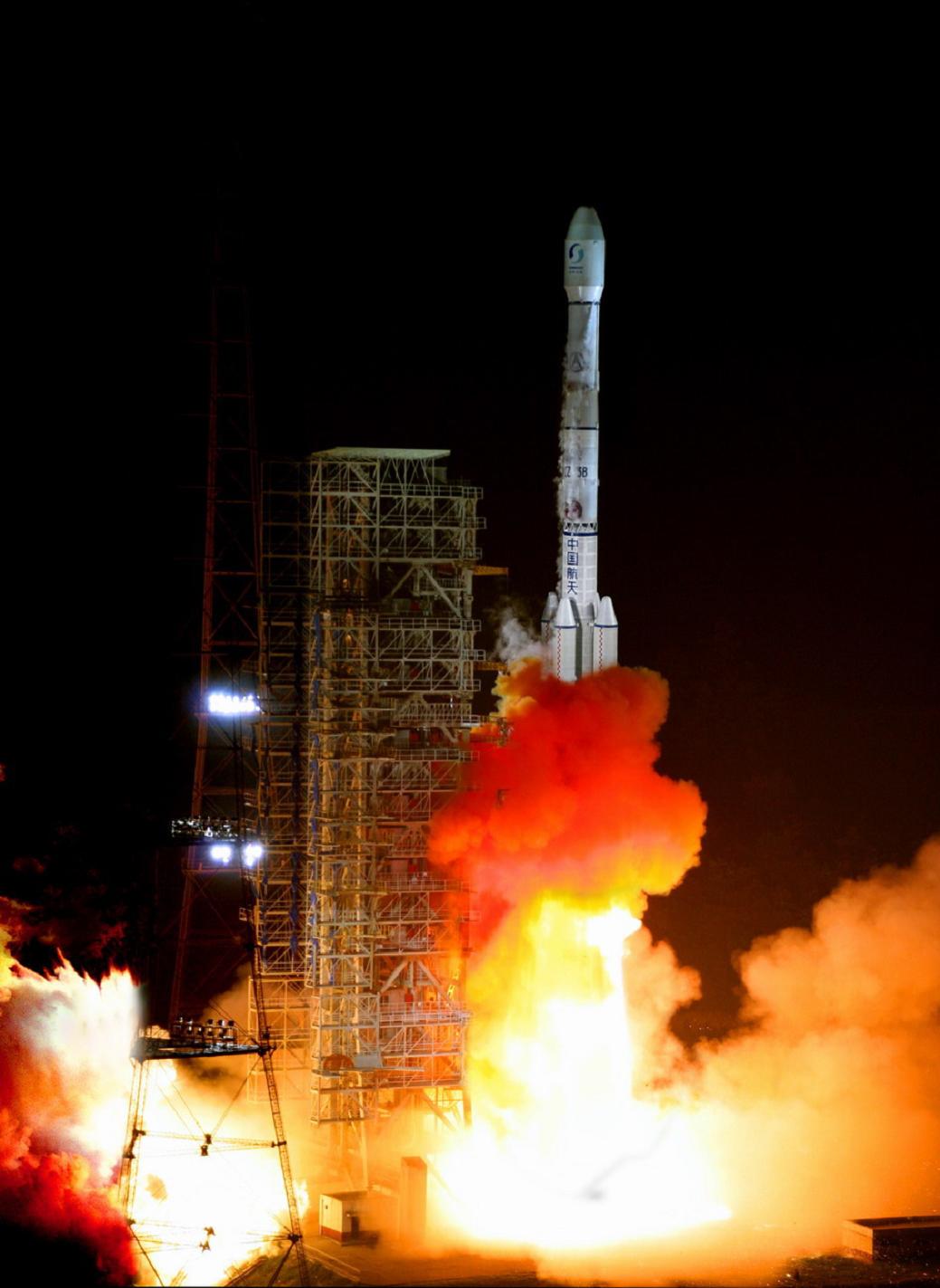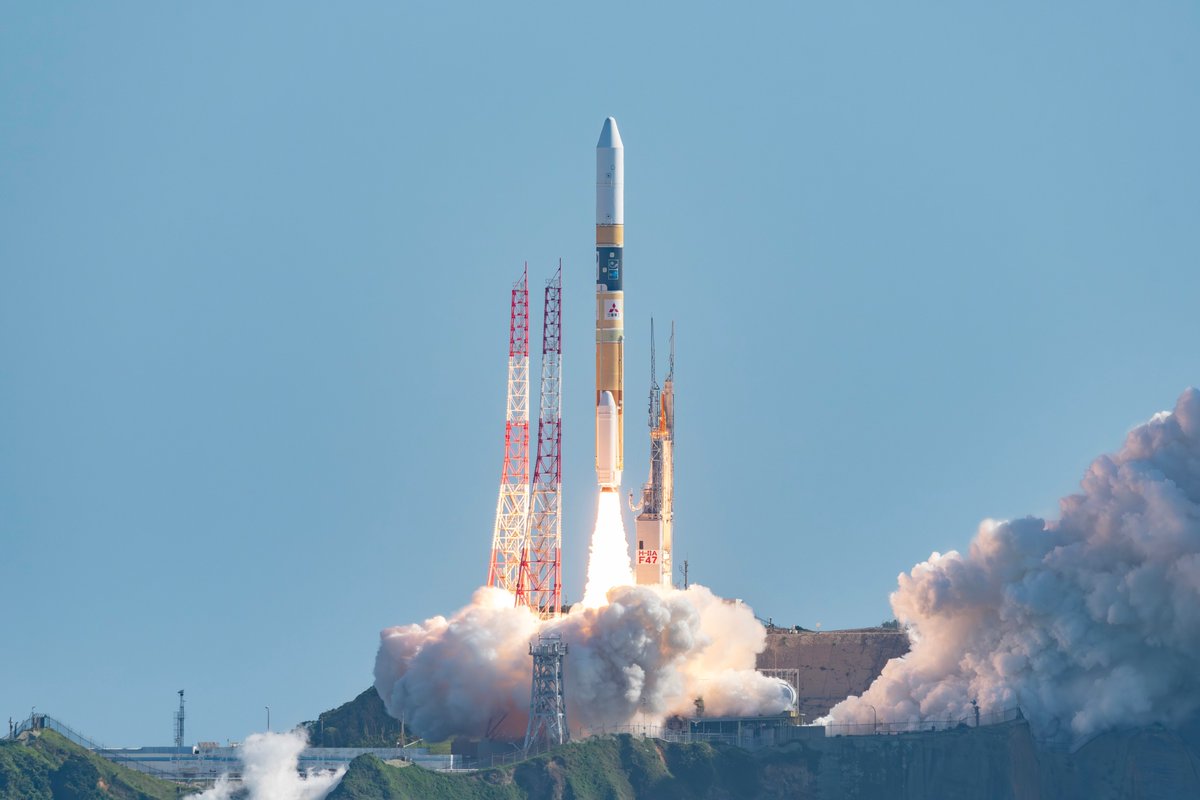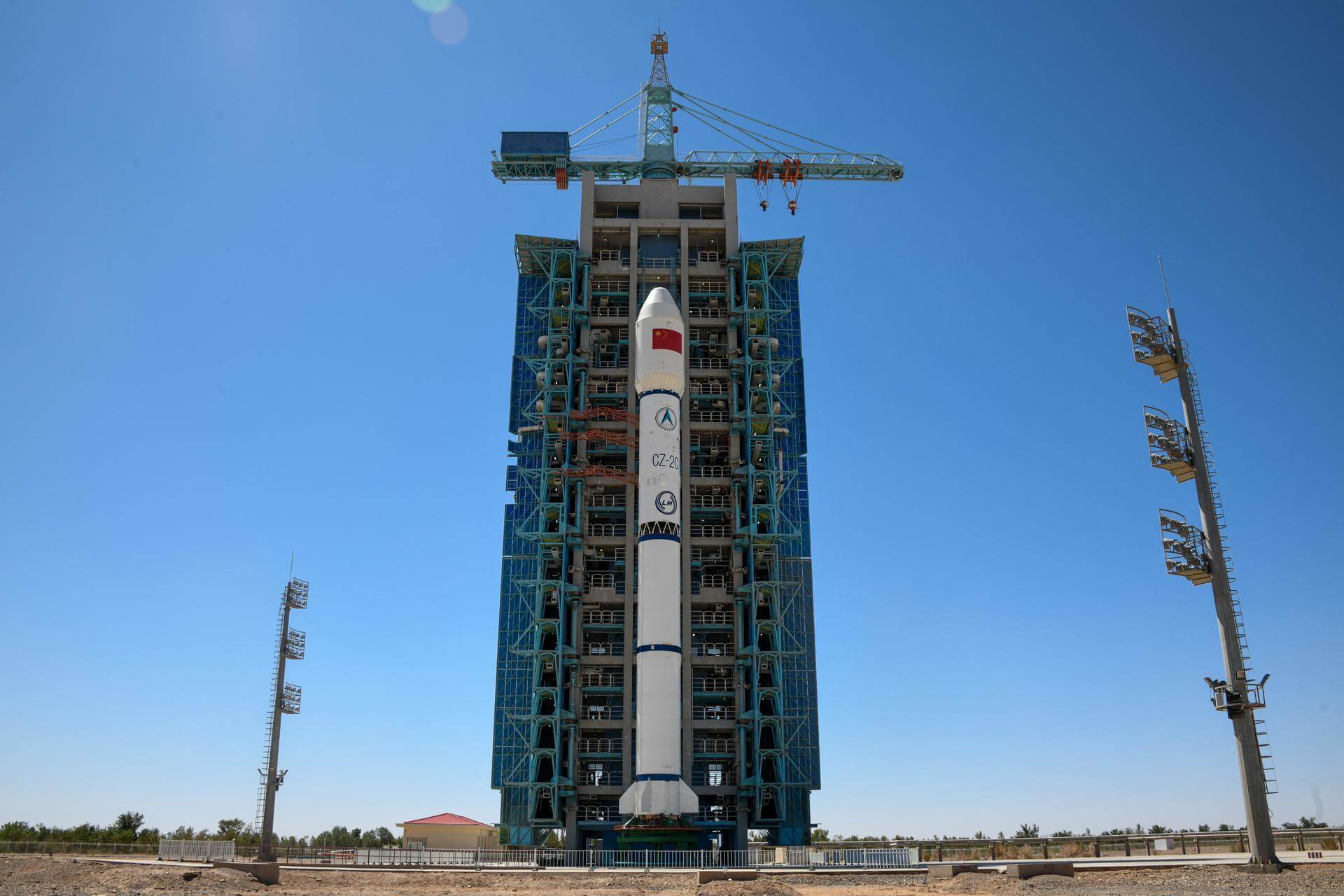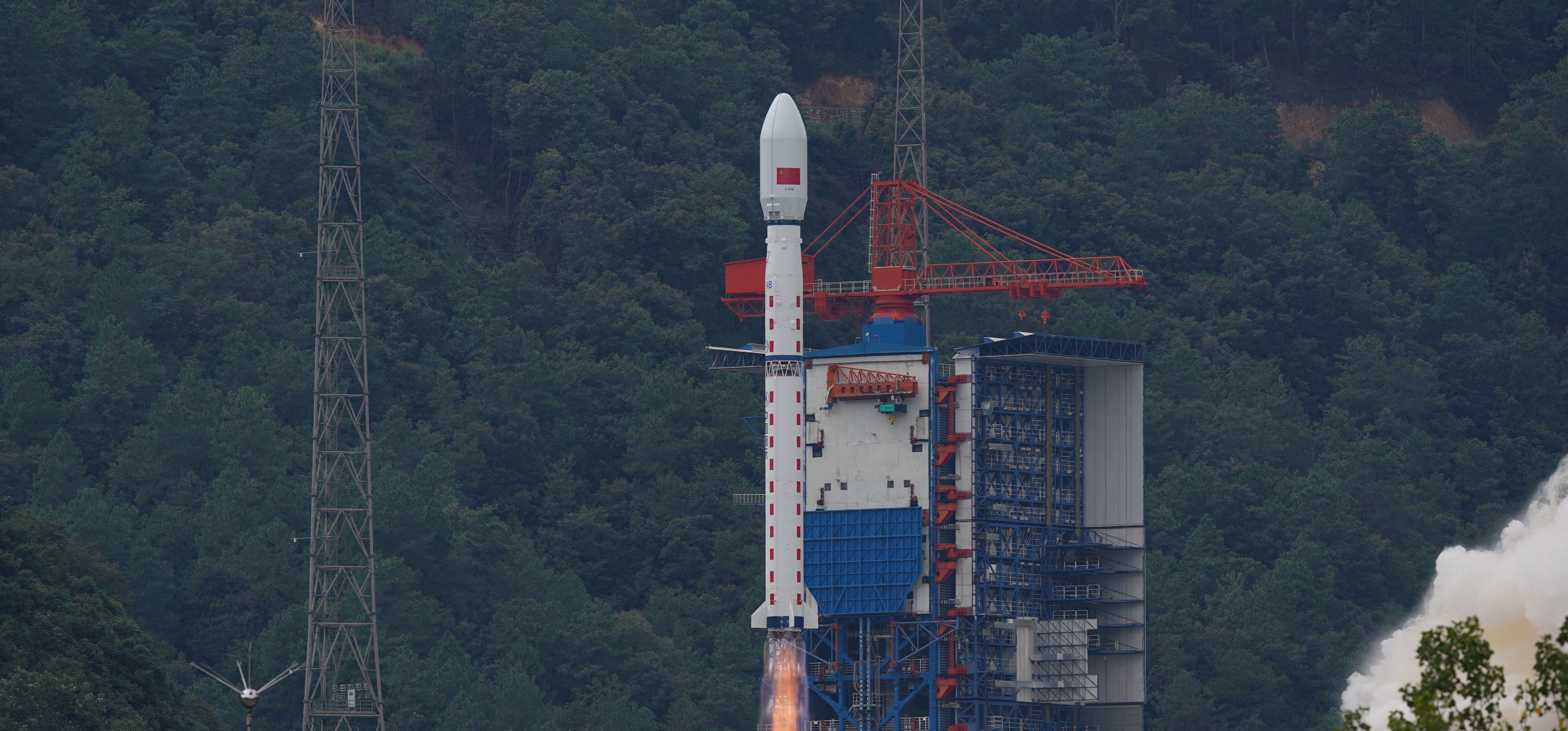Previous Spaceflight Launches
Filter by Agency, Locations or Vehicles
Show All LaunchesLVM-3 | GSAT-29
Indian Space Research Organization | IndiaSatish Dhawan Space Centre, India
Nov. 14, 2018, 11:38 a.m.
Electron | It's Business Time (Rideshare)
Rocket Lab | United States of AmericaRocket Lab Launch Complex 1, Mahia Peninsula, New Zealand
Nov. 11, 2018, 3:50 a.m.
Status: Launch Successful
Mission:
Electron's first commercial launch will feature two Lemur-2 cubesats for Spire Global, a single cubesat for GeoOptics, a NABEO drag sail demonstrator for High Performance Space Structure Systems, an IRVINE01 cubesat from the Irvine CubeSat STEM Program, and two Proxima cubesats from Fleet Space Technologies.
Low Earth Orbit #ItsBusinessTimeSoyuz STB/Fregat-MT | MetOp-C
Progress Rocket Space Center | RussiaGuiana Space Centre, French Guiana
Nov. 7, 2018, 12:47 a.m.
Soyuz 2.1b/Fregat-M | Glonass-M No. 57 (Kosmos 2529)
Progress Rocket Space Center | RussiaPlesetsk Cosmodrome, Russian Federation
Nov. 3, 2018, 8:17 p.m.
Status: Launch Successful
Mission:
Glonass-M, also known as Uragan-M, are the second generation of Uragan satellite design used for GLONASS satellite navigation system. GLONASS is a Russian space-based navigation system comparable to the similar GPS and Galileo systems. This generation improves on accuracy, power consumption and design life. Each satellite weighs 1415 kg, is equipped with 12 L-band antennas, and has an operational lifetime of 7 years.
Medium Earth OrbitLong March 3B | Beidou-3 G1
China Aerospace Science and Technology Corporation | ChinaXichang Satellite Launch Center, People's Republic of China
Nov. 1, 2018, 3:57 p.m.
Status: Launch Successful
Mission:
This satellite is a part of the geostationary component of the 3rd phase of the Chinese Beidou (Compass) satellite navigation system. It features a phased array antenna for navigation signals and a laser retroreflector and additionally deployable S/L-band and C-band antennas.
Geostationary Transfer OrbitH-IIA 202 | KhalifaSat & GOSAT-2
Mitsubishi Heavy Industries | JapanTanegashima Space Center, Japan
Oct. 29, 2018, 4:08 a.m.
Status: Launch Successful
Mission:
KhalifaSat is an Earth observation satellite for UAE. KhalifaSat will provide high-resolution imagery of Earth to be used for various purposes, including urban planning, change monitoring, area classification, monitoring environmental change and aiding relief efforts for natural disasters. GOSAT 2 (Greenhouse gases Observing SATellite 2) is a Japanese satellite dedicated to greenhouse gas measurement from space. It's a follow on to the GOSAT mission and includes such improvements as an ability to gather more precise data and monitor carbon monoxide concentrations.
Sun-Synchronous Orbit #H2AF40Long March 2C | CFOSAT
China Aerospace Science and Technology Corporation | ChinaJiuquan Satellite Launch Center, People's Republic of China
Oct. 29, 2018, 12:43 a.m.
Status: Launch Successful
Mission:
CFOSAT (China-France Oceanography SATellite) is a joint mission of the Chinese (CNSA) and French (CNES) space agencies with the goal to monitor the ocean surface winds and waves and to provide information on related ocean and atmospheric science and applications. The primary objective of CFOSAT is to monitor on a global scale the wind and waves at the ocean surface.
Sun-Synchronous Orbit #CFOSATZhuque-1 | Weilai-1 (Future-1)
LandSpace | ChinaJiuquan Satellite Launch Center, People's Republic of China
Oct. 27, 2018, 8 a.m.
Soyuz 2.1B | Lotos-S1 (Kosmos 2528)
Progress Rocket Space Center | RussiaPlesetsk Cosmodrome, Russian Federation
Oct. 25, 2018, 12:15 a.m.
Long March 4B | Haiyang 2B
China Aerospace Science and Technology Corporation | ChinaTaiyuan Satellite Launch Center, People's Republic of China
Oct. 24, 2018, 10:57 p.m.
Status: Launch Successful
Mission:
Haiyang is a series of Chinese marine remote sensing satellites. Haiyang 2B is a follow up to Haiyang 2A satellite. It is intended for monitoring the dynamic ocean environnement with microwave sensors to detect sea surface wind field, sea surface height and sea surface temperature.
Sun-Synchronous Orbit